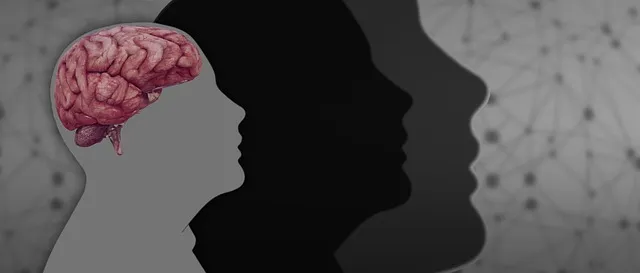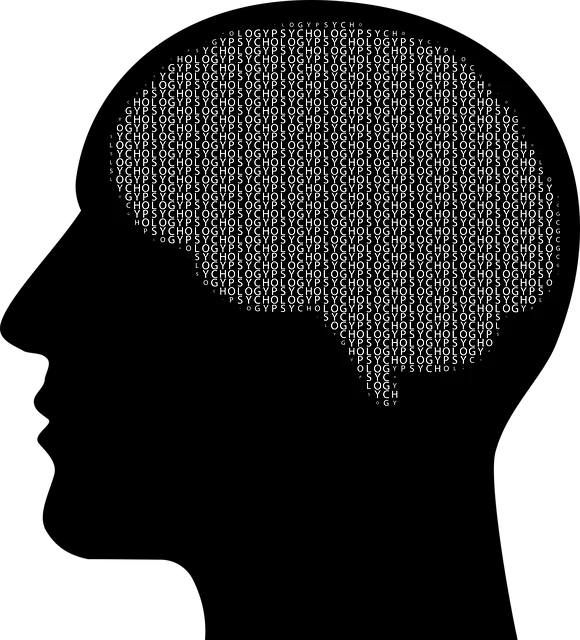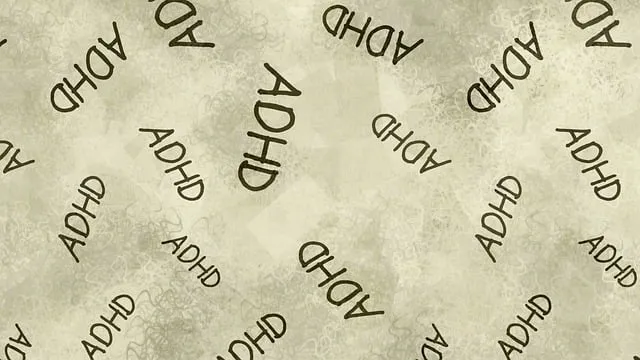The Wheat Ridge Kaiser mental health programs prioritize cultural competency through innovative training methods like Compassion Cultivation, Inner Strength Development, and Conflict Resolution. These practices enable healthcare providers to connect with diverse patients on a deeper level, overcome cultural barriers, and deliver personalized care tailored to individual needs. By integrating self-care, crisis intervention, and stress reduction techniques, Kaiser empowers individuals to manage their mental health effectively. Through continuous education and collaboration with local communities, these programs enhance patient outcomes by fostering a supportive environment with accessible, quality mental healthcare in Wheat Ridge.
Cultural competency training is an essential aspect of modern healthcare, especially within diverse communities like Wheat Ridge. This article explores the critical role played by organizations such as Kaiser Mental Health Programs in Wheat Ridge in enhancing cultural sensitivity among healthcare providers. We delve into the key components of effective training, highlighting how continuous education and measurable outcomes can improve patient care and satisfaction. Understanding cultural competency is no longer an option but a necessity, particularly in light of the diverse patient populations served by Wheat Ridge Kaiser mental health programs.
- Understanding Cultural Competency in Healthcare: Why It Matters
- The Role of Kaiser Mental Health Programs in Wheat Ridge
- Key Components of Effective Training for Healthcare Providers
- Measuring and Improving Outcomes through Continuous Education
Understanding Cultural Competency in Healthcare: Why It Matters

Cultural competency in healthcare is a critical aspect that ensures providers can offer quality care to patients from diverse backgrounds and cultural contexts. It involves understanding and respecting different beliefs, values, and behaviors, and being able to adapt services accordingly. In today’s diverse society, this is essential for fostering trust and improving patient outcomes.
At Wheat Ridge Kaiser mental health programs, recognizing the importance of cultural competency has led to the integration of Compassion Cultivation Practices, Inner Strength Development, and Conflict Resolution Techniques into their training. These initiatives aim to create a more inclusive environment where healthcare providers can connect with patients on a deeper level, address cultural barriers, and provide personalized care. By embracing these practices, mental health professionals can better serve communities across different cultural landscapes, ensuring that every patient receives the compassionate and effective treatment they deserve.
The Role of Kaiser Mental Health Programs in Wheat Ridge

In Wheat Ridge, Kaiser Mental Health Programs play a pivotal role in enhancing community well-being and fostering cultural competency within healthcare services. These programs are designed to address a wide array of mental health concerns, incorporating evidence-based practices tailored to diverse cultural backgrounds. By offering specialized services, Kaiser ensures that individuals from various ethnic, racial, and socioeconomic groups receive culturally sensitive care that respects their unique needs and perspectives.
The Wheat Ridge location is particularly notable for its commitment to integrating Self-Care Practices, Crisis Intervention Guidance, and Stress Reduction Methods into its service offerings. These initiatives empower individuals not only to manage their mental health but also to cultivate resilience in the face of life’s challenges. Through collaborative partnerships with local communities, Kaiser Mental Health Programs strive to create a supportive environment where everyone has access to quality mental healthcare, ultimately contributing to a healthier and more resilient Wheat Ridge.
Key Components of Effective Training for Healthcare Providers

Effective training for healthcare providers involves a multifaceted approach that goes beyond mere knowledge transfer. At Wheat Ridge Kaiser mental health programs, we prioritize key components to ensure comprehensive learning. First and foremost, Healthcare Provider Cultural Competency Training equips professionals with the skills to navigate diverse patient backgrounds, promoting understanding and empathy. This includes exploring cultural nuances, biases, and microaggressions to foster inclusive care environments.
Additionally, integrating Conflict Resolution Techniques is vital for managing challenging situations sensitively. Inner strength development is another critical aspect, teaching providers self-care strategies to manage stress and burnout, ultimately enhancing their ability to support patients’ emotional well-being. By combining these elements, healthcare providers become better equipped to deliver high-quality, culturally sensitive care tailored to each patient’s unique needs.
Measuring and Improving Outcomes through Continuous Education

Continuous education plays a pivotal role in enhancing healthcare provider cultural competency and, consequently, improving patient outcomes. Regular training sessions, workshops, and webinars can equip professionals with the knowledge to navigate diverse patient backgrounds and needs effectively. By fostering an environment of learning and adaptation, healthcare providers become more attuned to subtle cultural nuances, leading to better communication and understanding between patients and caregivers.
Wheat Ridge Kaiser mental health programs, for instance, emphasize continuous education to address emerging challenges in mood management, self-care routine development for better mental health, and burnout prevention. These initiatives ensure that healthcare providers stay abreast of the latest research and best practices, enabling them to deliver more personalized and culturally sensitive care. Through ongoing training, professionals can better support patients’ holistic well-being, ultimately contributing to improved treatment outcomes and enhanced patient satisfaction.
Healthcare provider cultural competency training is not just a best practice—it’s an imperative in today’s diverse society. As evidenced by Wheat Ridge Kaiser Mental Health Programs’ successful initiatives, continuous education and innovative approaches like those outlined in this article are key to improving patient outcomes and fostering inclusive healthcare environments. By integrating these key components, including measurable and continuous improvement strategies, healthcare providers can navigate the complex tapestry of cultural differences, ultimately enhancing care quality for all patients, regardless of their background or identity.






